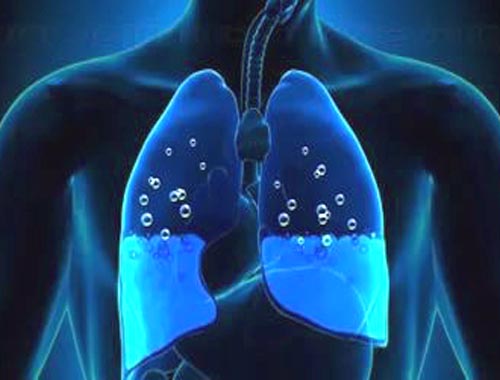Pulmonary Edema (Fluid in the Lungs)
Pulmonary edema is an abnormal buildup of fluid in the air sacs of the lungs, which leads to shortness of breath. Pulmonary edema is often caused by congestive heart failure. When the heart is not able to pump blood to the body efficiently, it can back up into the veins that take blood through the lungs to the left side of the heart. As the pressure in these blood vessels increases, fluid is pushed into the air spaces (alveoli) in the lungs. This fluid reduces normal oxygen movement through the lungs. This and the increased pressure can lead to shortness of breath. Pulmonary edema that develops suddenly (acute) is a medical emergency requiring immediate care. Although pulmonary edema can sometimes prove fatal, the outlook improves when you receive prompt treatment for pulmonary edema along with treatment for the underlying problem. Treatment for pulmonary edema varies depending on the cause, but generally includes supplemental oxygen and medications.
